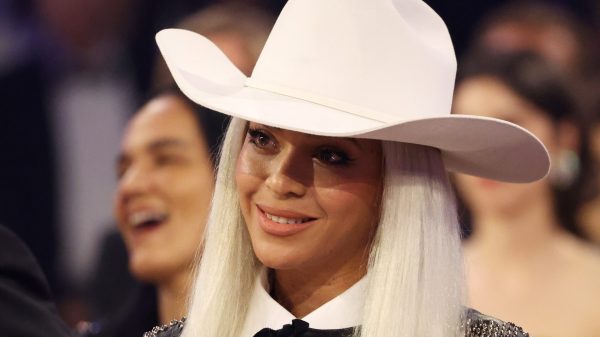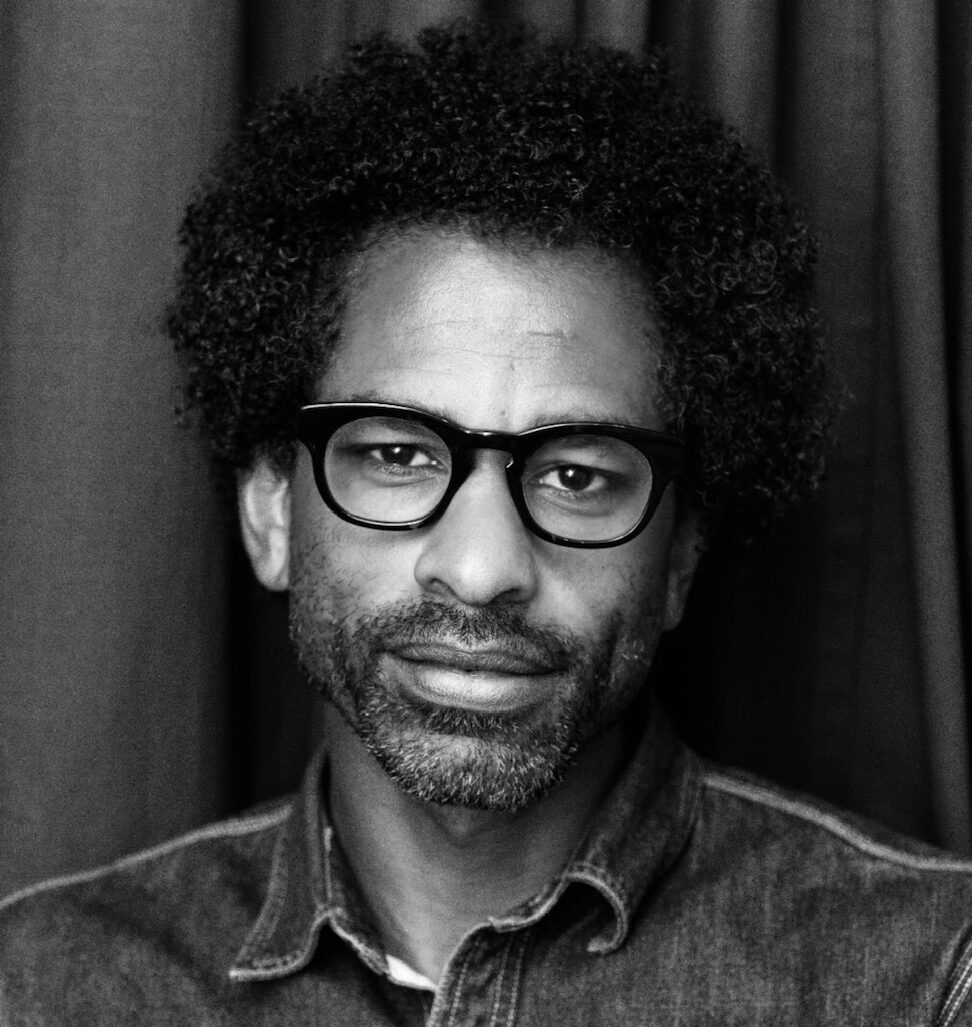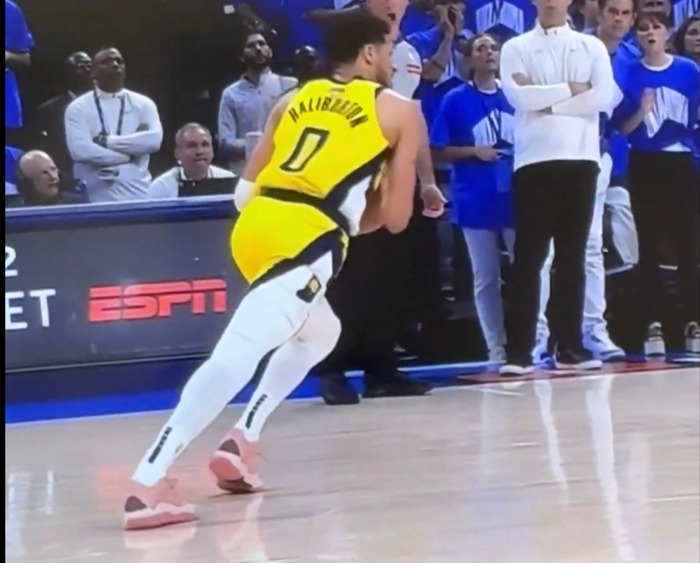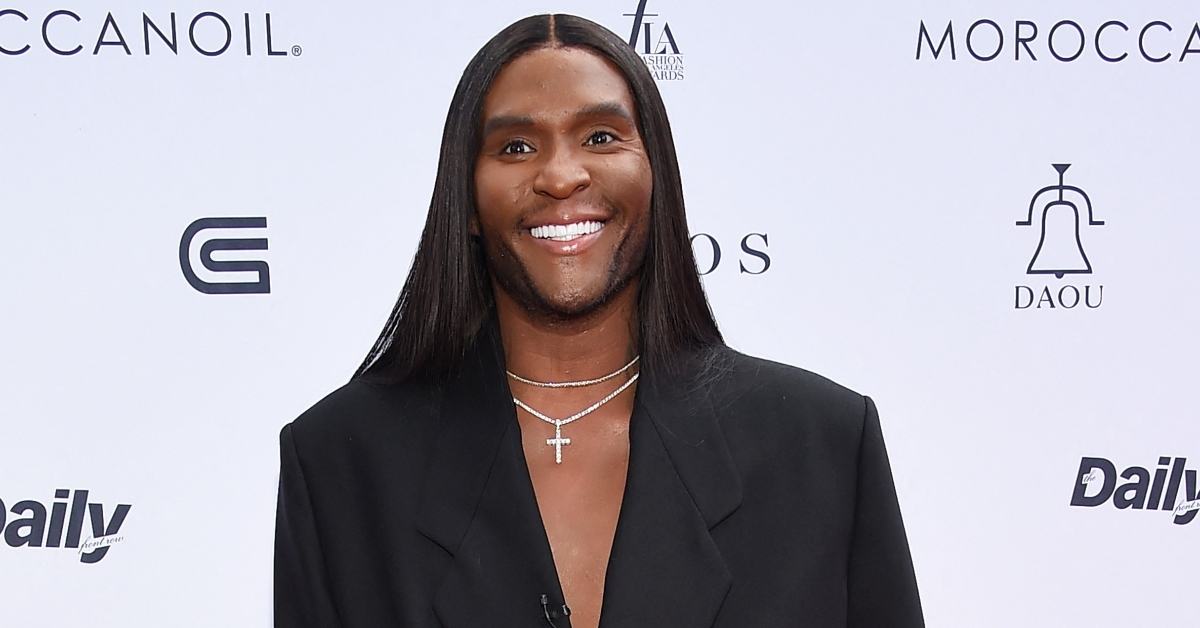Thoughts on ‘Cowboy Carter,’ which is not a country album but a Beyoncé album
OPINION: On her eighth studio album, Beyoncé goes beyond country and attacks the notion of genre, but one of "Cowboy Carter's" larger themes is of her being a protector. The post Thoughts on ‘Cowboy Carter,’ which is not a country album but a Beyoncé album appeared first on TheGrio.

OPINION: On her eighth studio album, Beyoncé goes beyond country and attacks the notion of genre, but one of “Cowboy Carter’s” larger themes is of her being a protector.
Editor’s note: The following article is an op-ed, and the views expressed are the author’s own. Read more opinions on theGrio.
Has the pre-release buzz for any album ever been so deeply overshadowed by genre? With “Texas Hold ‘Em” and “16 Carriages,” the first singles from “Cowboy Carter,” Beyoncé signaled that her eighth solo studio album would be a country album. And the world of culture kind of exploded in two different directions. Everyone had thoughts. Beyoncé diehards were thrilled to hear about a new sound from their queen and about the idea that Bey was reclaiming a genre from the white interlopers who’d taken it over. Country loyalists were divided. A few welcomed Beyoncé, hoping she would bring in new fans. Many were openly upset to see her moving into their supposedly gated sonic community. They declared “Texas Hold ‘Em” wasn’t even country, which I refuted. I had to. That idea was giving “Barack Obama isn’t a citizen” vibes.
But “Cowboy Carter” turned out to be something much more complex than a one-genre album. As opposed to “Renaissance,” which was a focused conversation about the sounds and the people of house and disco, “Cowboy Carter” is a broad-ranging album that employs a lot of country sounds and tropes but also pulls in the sounds of pop, hip-hop and soul. As Beyoncé told us on Instagram, “This ain’t a country album, it’s a Beyoncé album.”
Without question “Texas Hold ‘Em,” “16 Carriages,” “Jolene,” and “II Most Wanted” are country songs, but “Blackbiird,” “Bodyguard,” “Spaghettii,” “Levii’s Jeans” and “Desert Eagle” are surely not. Linda Martell, a Black country legend, tells you before “Ya Ya,” “This tune stretches across a range of genres.”
Neatly defining musical genres can be tricky and that’s part of what this album is about. Beyoncé makes that explicit when Martell says, “Genres are a funny little concept.”
Most of the time, artists don’t think a lot about genre. Genre is really a way for the music industry to help fans find other albums they might like. But Beyoncé is so large that she’s post-genre in the sense that her fans don’t care what genre she’s working in. Whether she’s giving us the soul of “Lemonade,” the disco of “Renaissance” or the countrified sound of “Cowboy Carter,” we’ll ride with her wherever she goes.
Taking that ride into country was fraught; for me and many urban-centered Black people, the tropes of country may feel off-putting or foreboding. In our lifetime, country has sometimes been associated with white Southerners who don’t like Black folks. But Beyoncé has such a hold on me and on her fans that she can take country sounds that would be triggering on someone else’s album and make them sound delicious. Sometimes on “Cowboy Carter” I find myself thinking, if a traditional country artist was doing this song I probably wouldn’t like it, but Beyoncé knows how to serve it so I’ll love it.
Perhaps more interesting than trying to figure out what genre(s) “Cowboy Carter” touches is noticing the major themes of the album. One idea that comes up repeatedly is Beyoncé as a protector. From “Protector” to “Bodyguard” to “Daughter,” she’s constantly talking about protecting her loves. “On Daughter” she warns, “I am colder than Titanic water,” to reflect how fierce she can be protecting her family. On “Jolene” she vows to get rough if Jolene comes any closer, so she’s protecting her family. And I lost track of how many times Bey mentions her guns on this album.
My favorites on “Cowboy Carter” are, in no particular order: “Texas Hold ‘Em,” “Ya Ya,” “Spaghetti,” “Blackbiird,” “Protector,” “II Most Wanted” and “Bodyguard.” I appreciate the epic sweep of this album and how she references Chuck Berry, Sister Rosetta Tharpe and Son House while singing alongside Dolly Parton, Willie Nelson, Miley Cyrus and Tanner Adell, creating a conversation between Black music history and country music present.
I will never forget how Beyoncé took a very real slight from the country music world at the CMAs and, in retaliation, spent years making a countrified album in order to take on the whole country establishment and roar back at them in her way. Now that she’s sitting atop the Country music chart, they’re eating humble pie. The genesis of this album constitutes a historic move from Beyoncé that spans beyond music and into a beautiful way of showing up some racists who tried to reject her. That is legendary.
That said, I now turn away from addressing country fans who hated and face my fellow Beyoncé fans who love “Cowboy Carter.” Specifically, those who say “Cowboy Carter” is better than “Renaissance.” Please just stop. “Cowboy Carter” is great but it’s not “Renaissance.” I’m talking about the difference between a great album and a transcendent one.
“Renaissance” has a sonic cohesion that makes it a gorgeously singular entity as opposed to “Cowboy Carter,” which pulls from a world of influences. This is similar to the reason why many of us think Michael Jackson’s “Off the Wall,” which is almost all pure disco, is superior to “Thriller,” which blends a much wider variety of sounds. The narrower sonic focus makes it feel, to me, smarter, sharper and more powerful. “Renaissance” remains Beyoncé’s best album. But, bigger than that, Beyoncé is on a three-album run — “Lemonade” to “Renaissance” to “Cowboy Carter” — that makes up one of the best three-album runs from any artist ever.

Touré is a host and Creative Director at theGrio. He is the host of Masters of the Game on theGrioTV. He is also the host and creator of the docuseries podcast “Being Black: The ’80s” and the animated show “Star Stories with Toure” which you can find at TheGrio.com/starstories. He is also the host of the podcast “Toure Show” and the podcast docuseries “Who Was Prince?” He is the author of eight books including the Prince biography Nothing Compares 2 U and the ebook The Ivy League Counterfeiter.
Never miss a beat: Get our daily stories straight to your inbox with theGrio’s newsletter.
Recommended Stories
- Heisman Trophy winner Caleb Williams addresses his controversial pink-painted nails and lipgloss
- Thoughts on ‘Cowboy Carter,’ which is not a country album but a Beyoncé album
- Age-buster: Ernie Hudson reveals the secrets behind his impressive 78-year-old physique
- States move to shore up voting rights protections after courts erode federal safeguards
- ‘Cowboy Carter’ vinyl missing five tracks, fans speculate last-minute changes
- A biased test kept thousands of Black people from getting a kidney transplant. It’s finally changing
- Watch : theGrio Top 3 | Who are the top 3 athletes you admire as a role model?
- ‘Masters of the Game’ Season 4 premieres with an interview with Jeffrey Wright
The post Thoughts on ‘Cowboy Carter,’ which is not a country album but a Beyoncé album appeared first on TheGrio.












